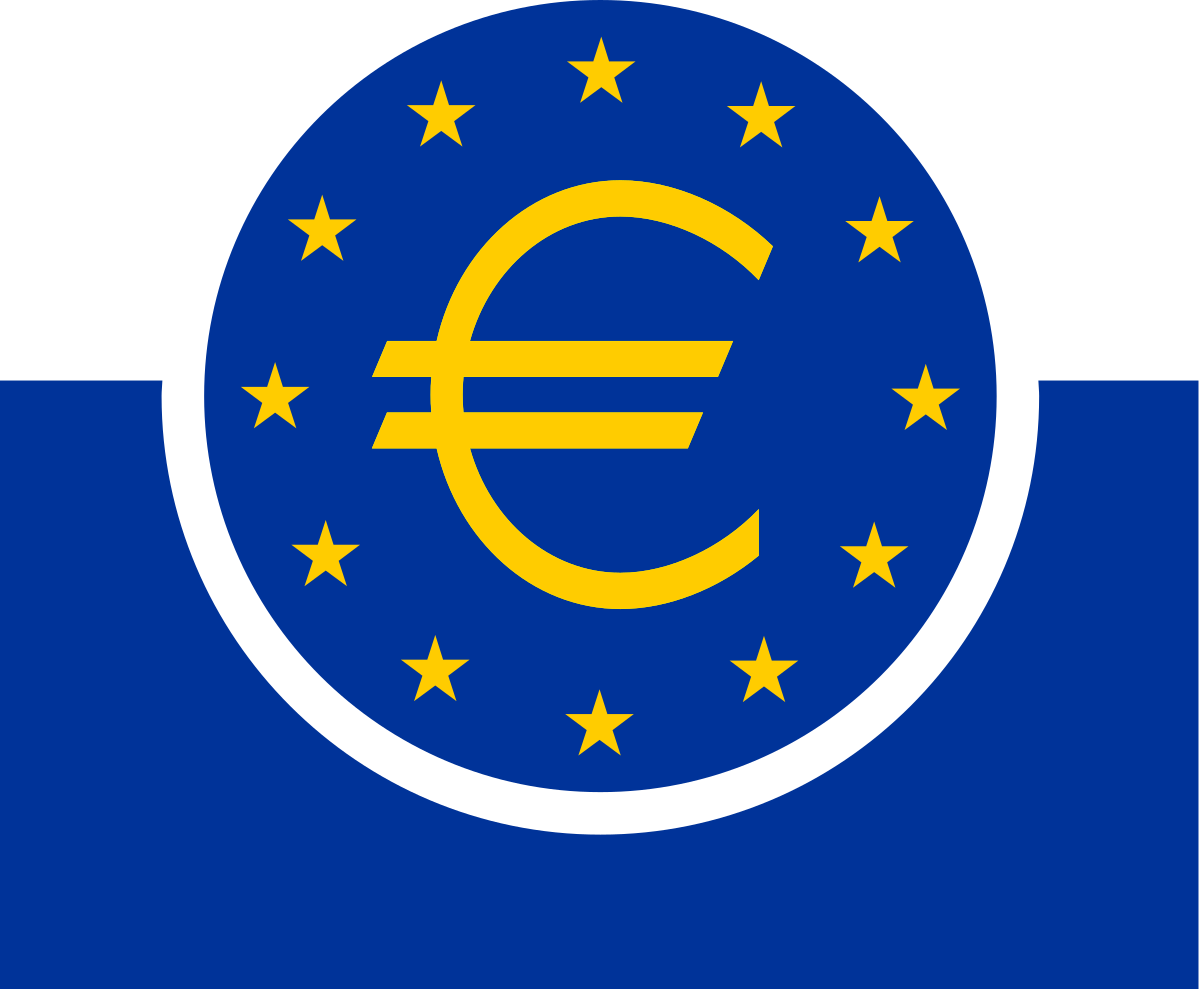The European Central Bank (ECB) has opened an investigation into DWS assessing corporate governance issues surrounding its CEO Asoka Woehrmann.
The probe by the ECB comes after it was alleged Woehrmann used his private email for business purposes as well as an alleged money transfer to a Deutsche Bank client, a person familiar with the matter told the Financial Times.
It comes after both the Securities and Exchange Commission (SEC) and BaFin said they were investigating the German asset manager last August amid claims it misrepresented its ESG credentials to clients.
Deutsche Bank is also investigating Woehrmann’s misuse of his personal email and transfer of money, according to the reports.
Woehrmann is alleged to have paid €160,000 to a client behind the creation of car finance start-up Auto1 Fintech, however, both later claimed that the payment was part of a failed attempt to purchase a Porsche.
A former DWS executive flagged the extensive use of WhatsApp by Woehrmann and other DWS executives to BaFin and the ECB.
In an earnings call last Thursday, Woehrmann rejected the “allegations and insinuations”, adding that he would not be intimidated after the firm revealed he has received threatening letters in recent months.
Commenting on the allegations, Christian Sewing, CEO of Deutsche Bank said Woehrmann had done a wonderful job as the company posted “new records for net inflows, revenues and profit”.
“Asoka Woehrmann has done a wonderful job, and for that I’m very, very grateful and for that reason, I have no doubts,” Sewing said.
Deutsche Bank, DWS and the ECB declined to comment on the investigation.
Last October, DWS launched an external investigation into allegations it misrepresented its ESG credentials to clients.
The German asset manager has hired US law firm Sullivan & Cromwell to deal with the greenwashing claims. It was reported at the time that the probe goes further than the allegations made by its former group sustainability officer Desiree Fixler.
Fixler sounded the alarm on the actions of DWS in August, telling the Wall Street Journal that the German asset manager was painting a rosier-than-reality picture to investors.
Related articles






